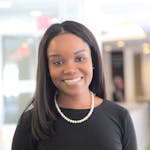From Nigeria to Colombia, engaged change-makers are using the SDGs to drive progress in their local communities. After a difficult year navigating the challenges of the COVID-19 pandemic, they reflect on the status of Sustainable Development Goal implementation in their countries and what still needs to be done to achieve the 2030 Agenda.
To achieve the 2030 Agenda, every person needs to do their part to advance the Sustainable Development Goals (SDGs) in their unique local community. Front and center of SDG progress are +SocialGood Connectors, dedicated change-makers across the world who are working in their local communities to advocate for girls’ and women’s rights, call for action against climate change, and stand up for the most vulnerable members of society. As the COVID-19 pandemic unravels decades of progress, these advocates are seeing the impact firsthand in their communities: from unmet climate action targets, to an increase in mental distress, to a deterioration in women’s rights. Despite these setbacks, the Connectors are more resolute than ever that the Global Goals are the only way forward — insisting that they are our best road map for a more equitable, just, and sustainable future.
Take a trip with the +SocialGood Connectors to see how they navigated the past year, how they view SDG challenges and opportunities, and some of the transformational projects they’re working on.
1. Neeshad Shafi, Qatar
In recent years, the Middle East — and particularly the Arab Gulf countries — has faced record-breaking temperatures, in some cases exceeding 125 degrees Fahrenheit. The region’s unique location and arid conditions have made it particularly vulnerable to the devastating effects of climate change, including food insecurity, uninhabitable areas, and rainfall decline. Neeshad Shafi wants to raise awareness about these issues among the young people in Qatar and in the broader Middle East.
“Passionate young people who work to promote sustainable change give me hope for a green and inclusive future in the Arab region and beyond,” says Lakhdar Brahimi in an introduction to the youth guest blog by Neeshad Shafi @ineeshadvs: https://t.co/cJSm7UMJjg#ClimateAction pic.twitter.com/Hk0vl8Ki1W
— The Elders (@TheElders) June 10, 2021
To cultivate youth leadership on climate action, he co-founded the Arab Youth Climate Movement Qatar, an organization that has started to change the narrative around climate action and the role that youths can play on this issue. Neeshad believes the region’s leaders are heading in the right direction to address climate change but that they need to back up the promises with more action. He hopes that youths can help pressure their governments to honor their commitments and, at the same time, cultivate their own leadership skills. Read Neeshad’s perspectives on the Gulf’s climate leadership>>
2. Clarisse Joy Mañabat, Philippines
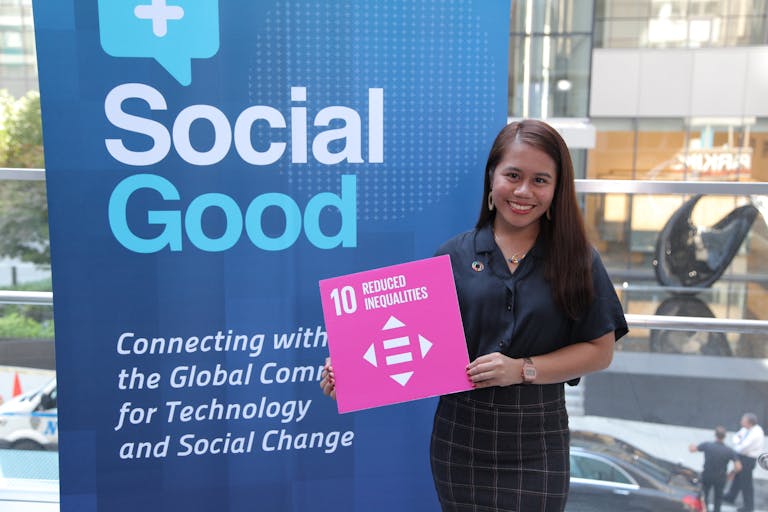
Like much of the world, Clary Mañabat spent many of her hours during the pandemic glued to her computer. As one of the organizers of the Filipino Youth Volunteer Association (Samahan ng Kabataang Boluntaryo ng Pilipinas), she was busy putting together virtual financial literacy boot camps for young people across the Philippines. She and her team noticed that with more people staying at home during the pandemic — either newly unemployed or forced to stay put as a result of COVID-19 lockdowns — there was increased interest in entrepreneurship and business creation. The popularity of the financial literacy events has shown Clary the potential that they can have in advancing progress on SDG8 (decent work and economic growth). She plans on organizing similar in-person events once the pandemic subsides, particularly since uneven internet connection remains a hurdle for many in the digital world. Learn more about Clary’s classes>>
3. Ashley Bass, United States
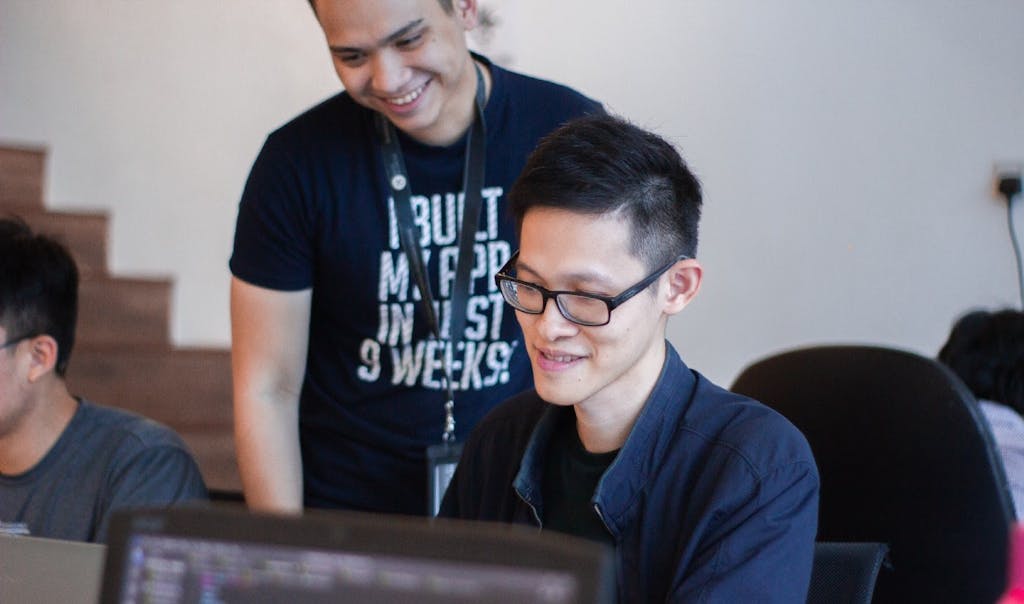
Ashley Bass is a self-described “lifelong learner” and a staunch advocate of extending the same learning opportunities to everyone, everywhere — particularly underserved communities. During the pandemic, she launched CUNY Upskilling, a curated list of free virtual trainings to help job seekers gain in-demand skills in high-growth industries. She’s also working with GitHub to pilot a program that will connect U.S. community college students with tech mentorship and training opportunities. Despite COVID-19 and all the challenges that came with it, Ashley persisted, “because it brings me joy to help people learn new skills that can set them up for not only better-paying careers but also equip them with a new set of knowledge.” Find out more about Ashley’s work>>
4. Federico Restrepo, Colombia
Federico Restrepo had always known that women do not enjoy the same rights as men in his native Colombia. But the birth of his niece made the data he read about the gender divide even more personal, and it inspired him to work more closely on helping bridge the gap. This past year, he and his colleagues at Impact Hub Medellín supported 50 female-led startups through mentorship opportunities, access to a network of local and international companies, and potential funding sources.
He is optimistic that their work to tackle some of these systemic injustices can lead to more opportunities for women and a better Colombia for his niece. Check out Federico’s take on gender equality in Colombia>>
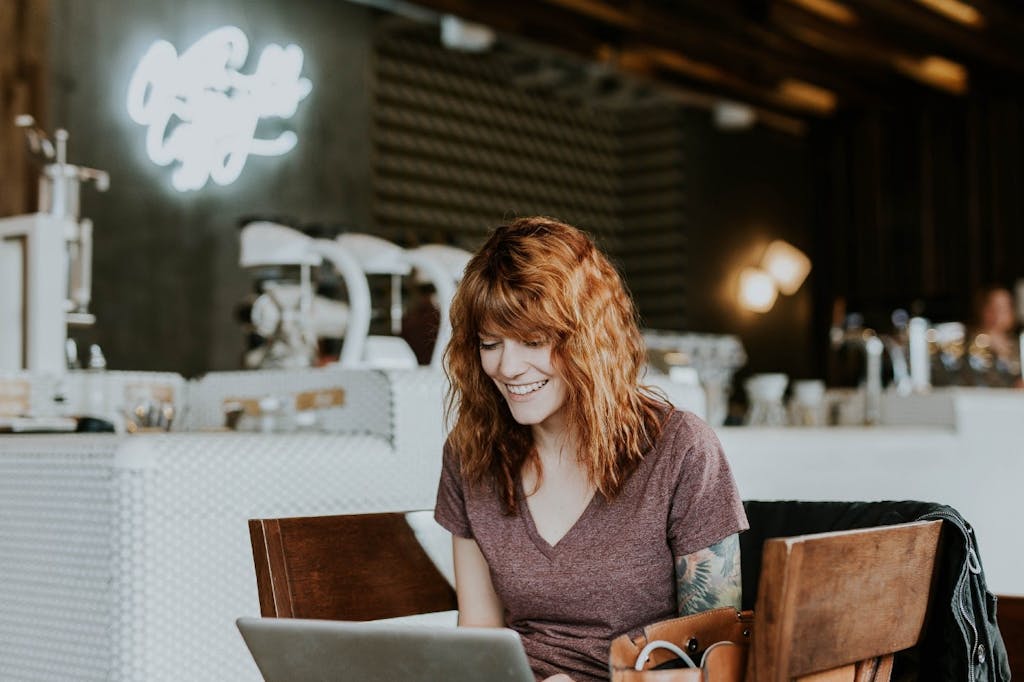
5. Priyanka Jaisinghani, United States
For Priyanka Jaisinghani and her Girlz, FTW community — a support space for girls and women from more than 73 countries — the pandemic was a time to come together. The network provided a space for comfort, connection, and brainstorming around solutions to common challenges, including political instability, financial insecurity, and violence. On a more fundamental level, the girls also came together via video calls and WhatsApp group chats to just discuss their mental health, the very real issue of burnout, and how to deal with difficult situations at home. Thinking back on what the pandemic has taught her and her group, Priyanka says, “While the world has altered in unimaginable ways, this has only strengthened our resolve, both individually and collectively, to provide a safe space for our community to connect, engage, and elevate each other in addition to finding meaningful support systems.” Here’s how Priyanka is continuing to create support systems for girls and women>>
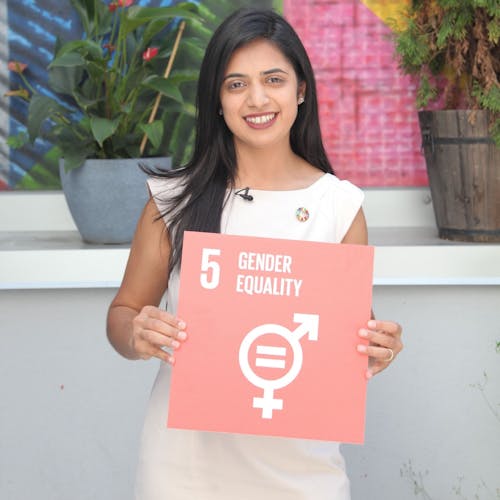
6. James da Costa, United Kingdom
Mental health issues have also been on the rise in the UK. James da Costa worked with the official youth engagement group for the G7 countries, Youth G7 (Y7), to ensure that the bloc prioritized mental health in its policy recommendations and incorporated young people’s perspectives about the issue. To support SDG3 (good health and well-being), James has also been thinking more creatively about mental health and loneliness and is working on Happy Benches, an initiative to encourage strangers to strike up a chat, or just to say “hello.” He believes this can help strengthen community ties and collaboration, which in turn can help advance the SDGs. Learn more about James’ bench project and SDG progress in the UK>>
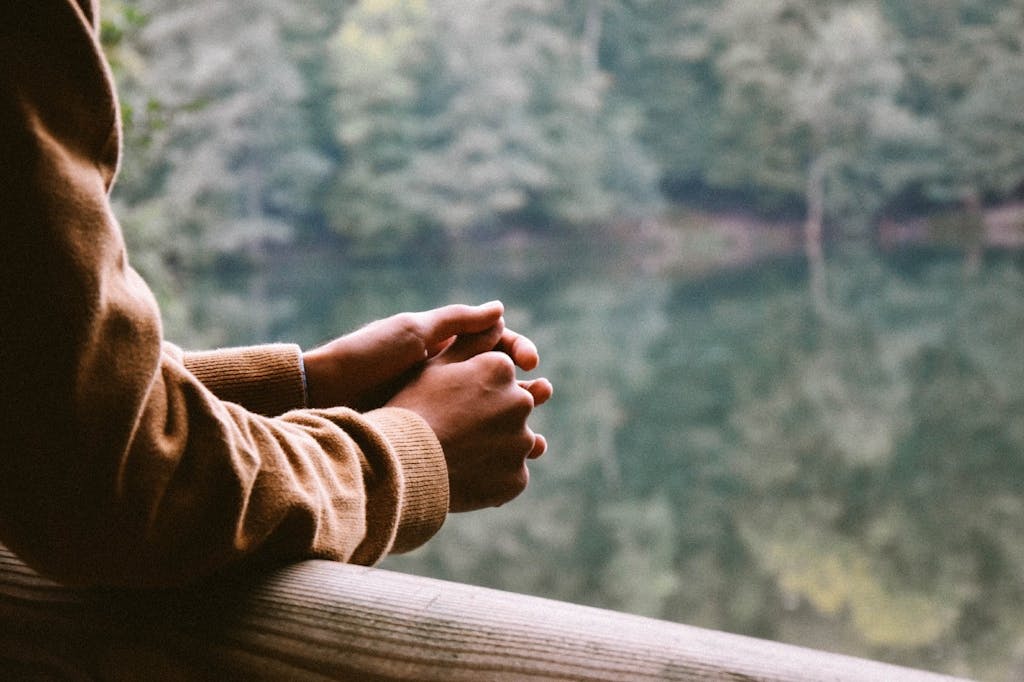
7. Alejandra Acosta, Spain
When the King and Queen of Spain acknowledged her initiative raising awareness about human trafficking and invited her to the royal palace to talk about it, Alejandra Acosta realized that the “little actions” she was taking in her community could potentially have a much larger impact. The COVID-19 pandemic and its restrictions have made life even more difficult for the trafficking victims that Alejandra supports. For many, lockdowns have meant the end of a paycheck, and for even more, the internet has become another source of terror with online sexual exploitation increasing dramatically. Her work has also been challenging during this period, with team members facing burnout and partners overwhelmed by the new virtual work context. Despite the challenges, Alejandra remains optimistic: “In some ways, I also believe that the pandemic was really useful in reshaping our commitment to the agenda, and better aligning our priorities with the sustainable development goals.” Read Alejandra’s reflections on her work and Spain’s SDG progress in the past year>>
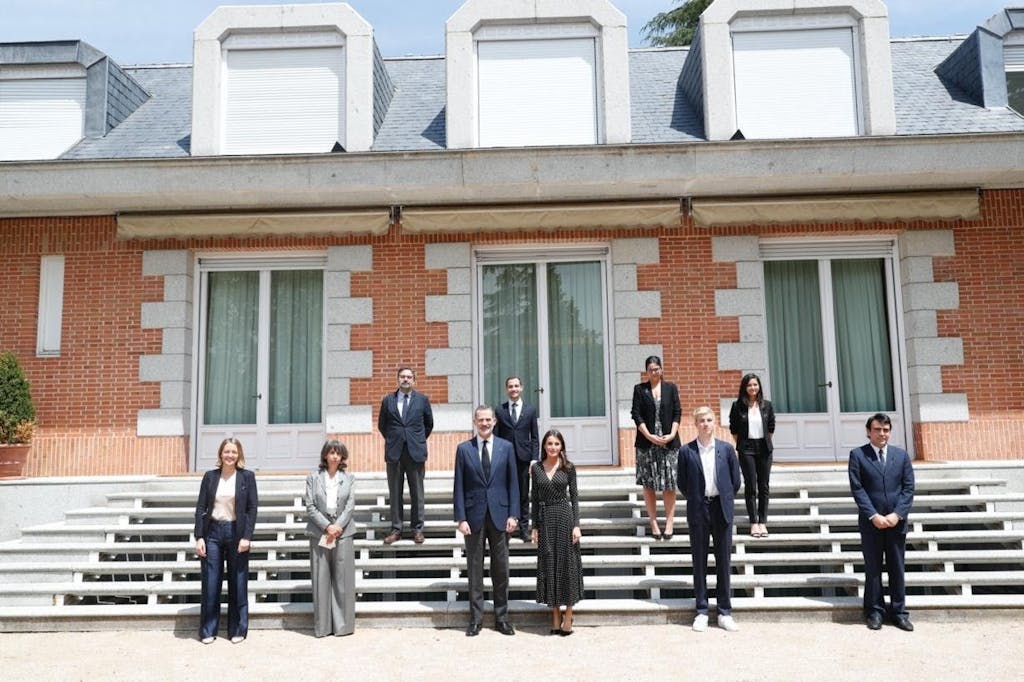
8. Henriette Weber, Denmark
Henriette Weber is from Denmark, one of the countries leading on SDG progress worldwide. The country has prioritized the SDGs in its COVID-19 recovery planning, with a particular emphasis on green measures. This includes submitting a second voluntary national review focused on reaching ambitious climate targets. Henriette also points to both public and private sector progress on sustainability, including car taxes that favor electric car use, an increase in venture capital investments in green growth, and Danish people investing in sustainability in their own capacity — through their pension funds, for example. While SDG progress from the Nordic countries is fairly rosy, Henriette says that there is still more work to do. Read Henriette’s update on Nordic countries’ sustainability efforts>>
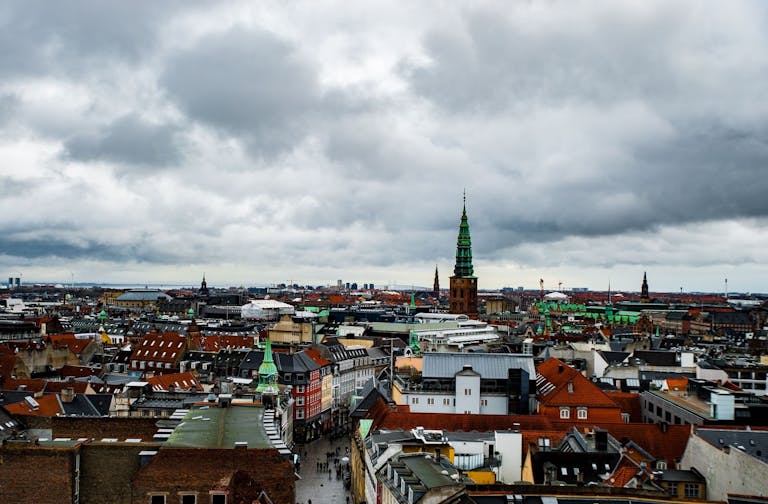
9. Abraham Ologundudu, Nigeria
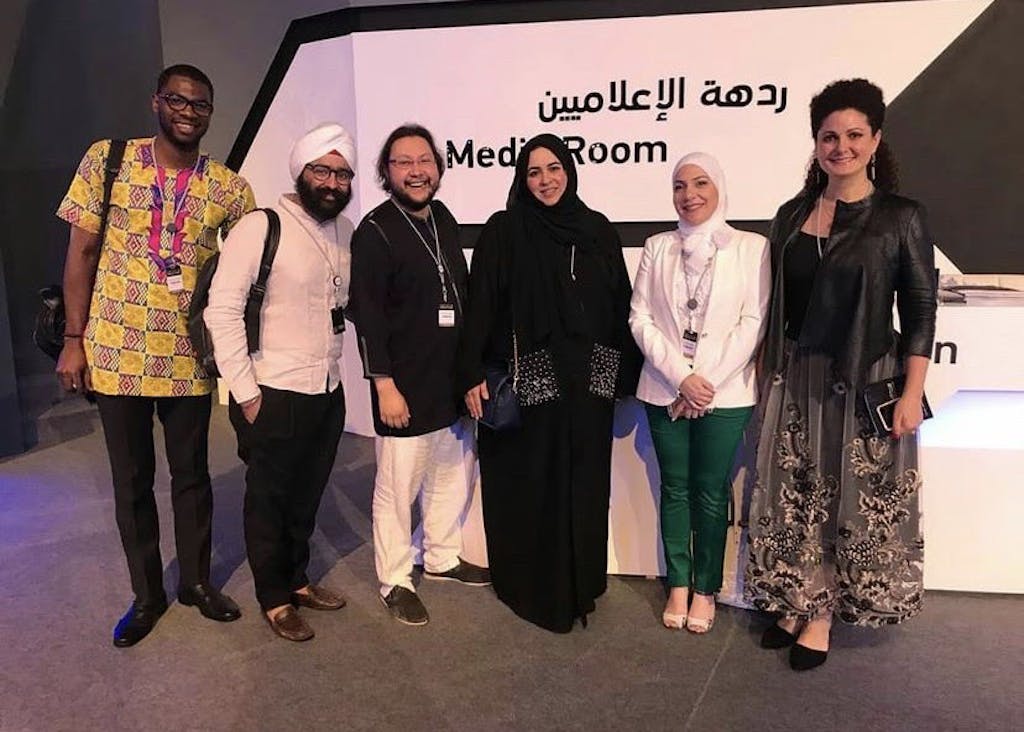
With his background in media and communications, Abraham Ologundudu raises awareness about the SDGs from several creative fronts. During the pandemic, he and his +SocialGood Lagos team have been hosting dialogues to foster collaboration among stakeholders working on the Goals in Nigeria. Abraham is also working on an audio documentary to shed light on the inequalities faced by women in Nigeria’s tech and design sector — a male-dominated field — and how they’re overcoming these challenges to thrive professionally. In his work with +SocialGood Lagos, Abraham and his team are also encouraging more young people to embrace the SDGs through workshops, civic learning opportunities, and skills development. He points to several positive steps that his country is taking to be more transparent around its SDG progress but emphasizes its ranking on the SDG Index (160/165) — with progress stagnating on most of the 17 Goals — as worrying evidence that the 2030 Agenda is still a “far-fetched reality.” Read more about Abraham’s outlook on Nigeria’s SDG progress>>
10. Nashilongo Gervasius, Namibia
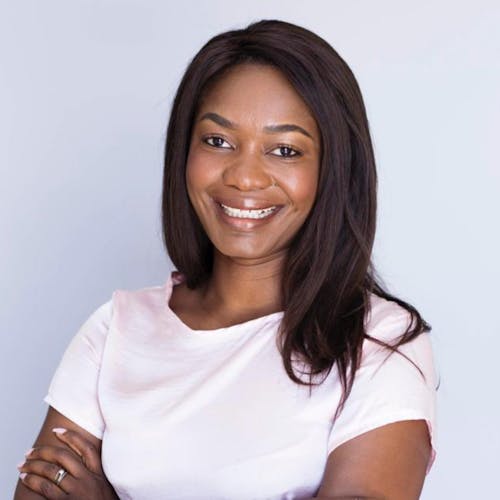
In Namibia, online harassment and violence against women has become so prevalent that even the First Lady spoke out about her experiences being bullied by online trolls. This scourge only got worse during pandemic lockdowns. As the co-founder of the Internet Society Namibia chapter, Nashilongo Gervasius spends much of her time gathering data about this issue and how it affects the SDGs. The organization recently published an online report card outlining how Namibia ranks in terms of women’s empowerment and internet access, online safety, and digital education. Spoiler alert: The numbers are far from rosy. Learn more about Nashilongo’s work empowering women online>>



 View All Blog Posts
View All Blog Posts